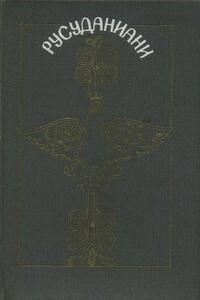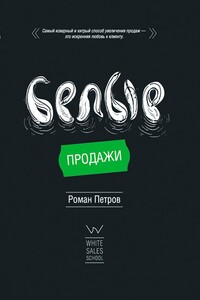Son of Holmes | страница 8
The next day, I wrote to Madame Giraud-Neuilly, asking her if she could tell me anything about her father’s exploits during the war, specifically any undercover operations he might have been involved in. I then set myself to the arduous task of translating.
Within two weeks, I had my landlady’s reply. Yes, her father had been active in the war as some kind of agent. She didn’t know too much about it, though, and suggested that I question her half brother, Jean Chessal, who was living in Valence. He was a retired soldier, pushing eighty, and very reluctant to discuss anything with a nosy American. Finally, though, I persuaded him to take the manuscript. A few days later, I went to pick it up.
“Have you read it?” I asked.
“I said I would.”
“Well?”
“Well what?”
“What do you think? Is it true?”
He squinted at me through his thick glasses and scratched at his head, as if trying to understand the question.
“How would I know? I wasn’t there.”
“But your mother . . .”
“My mother was Tania Chessal before she married Jules. What does that prove?”
But of course it proved quite a lot.
I returned home to find a letter from Kevin James. I had written to him asking him to send any information he had regarding Holmes’s progeny. The letter was mostly tongue-in-cheek, but it did present several facts about Holmes’s relationships, none of which were inconsistent with anything in the manuscript. I’d been slightly bothered by the initials S. H. on Lupa’s watch, but Kevin assured me that individuals who used aliases often kept their own initials.
I became angry with myself. After some weeks of translating, I’d become convinced of the manuscript’s authenticity, with no more proof than its evident age and its conformance to Hugo Arrowroot’s pet theory. There was only one thing to do to finally satisfy myself. Accordingly, I spent most of the next few months tracking down and interviewing anyone who might have known or worked with the man who had been Auguste Lupa for the year he lived and worked in Valence during World War I. Those interviews laid to rest my every doubt.
In translating, I have tried to use contemporary Americanisms wherever possible, though in places where the meaning is clear from context, I have retained the French.
Finally, I apologize for the prose style in this prologue. I am not a prose writer by trade, and if I had not come to believe in the importance of this manuscript, I would certainly have left it where I found it, gathering dust in a wine cellar.


